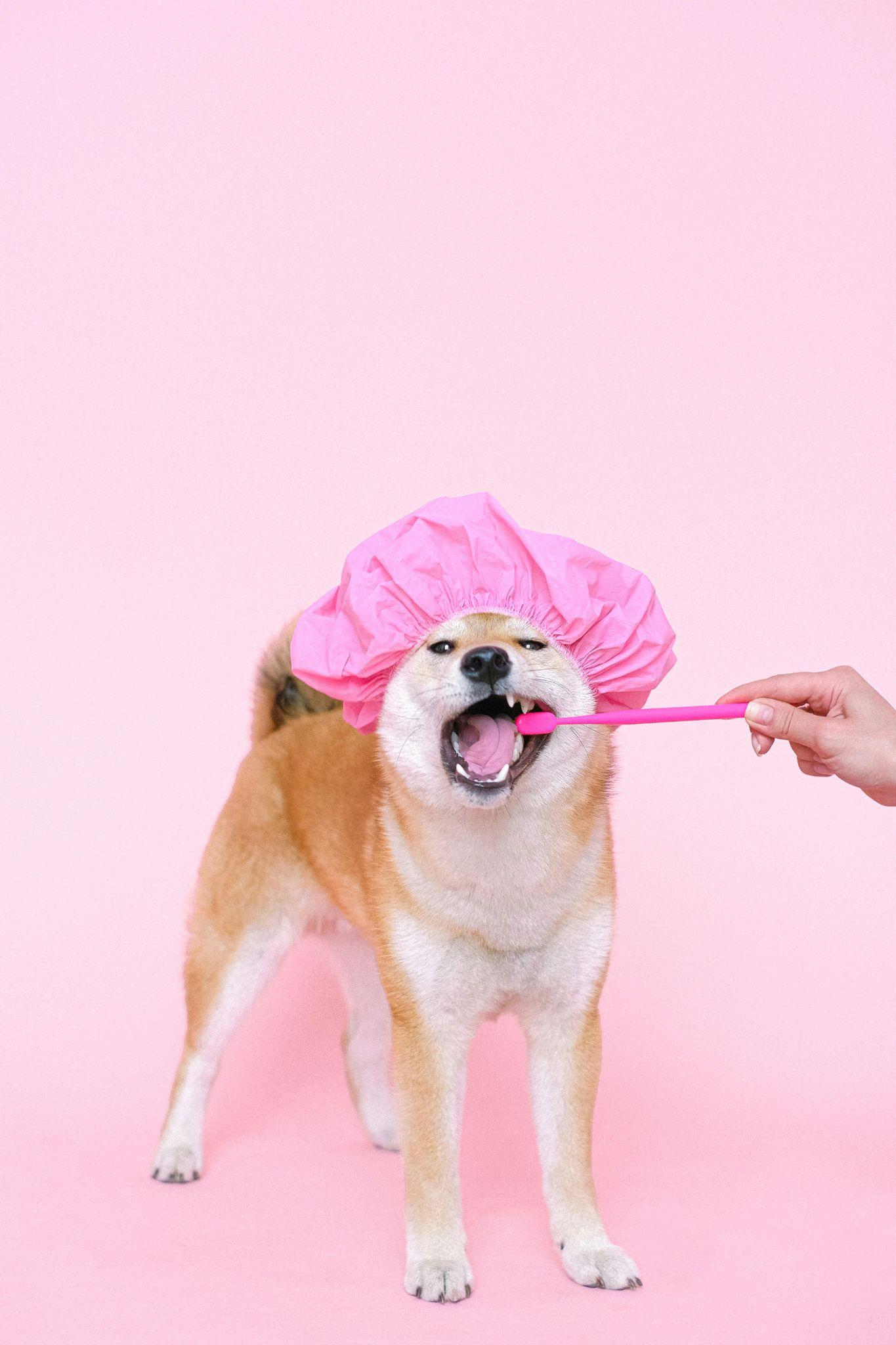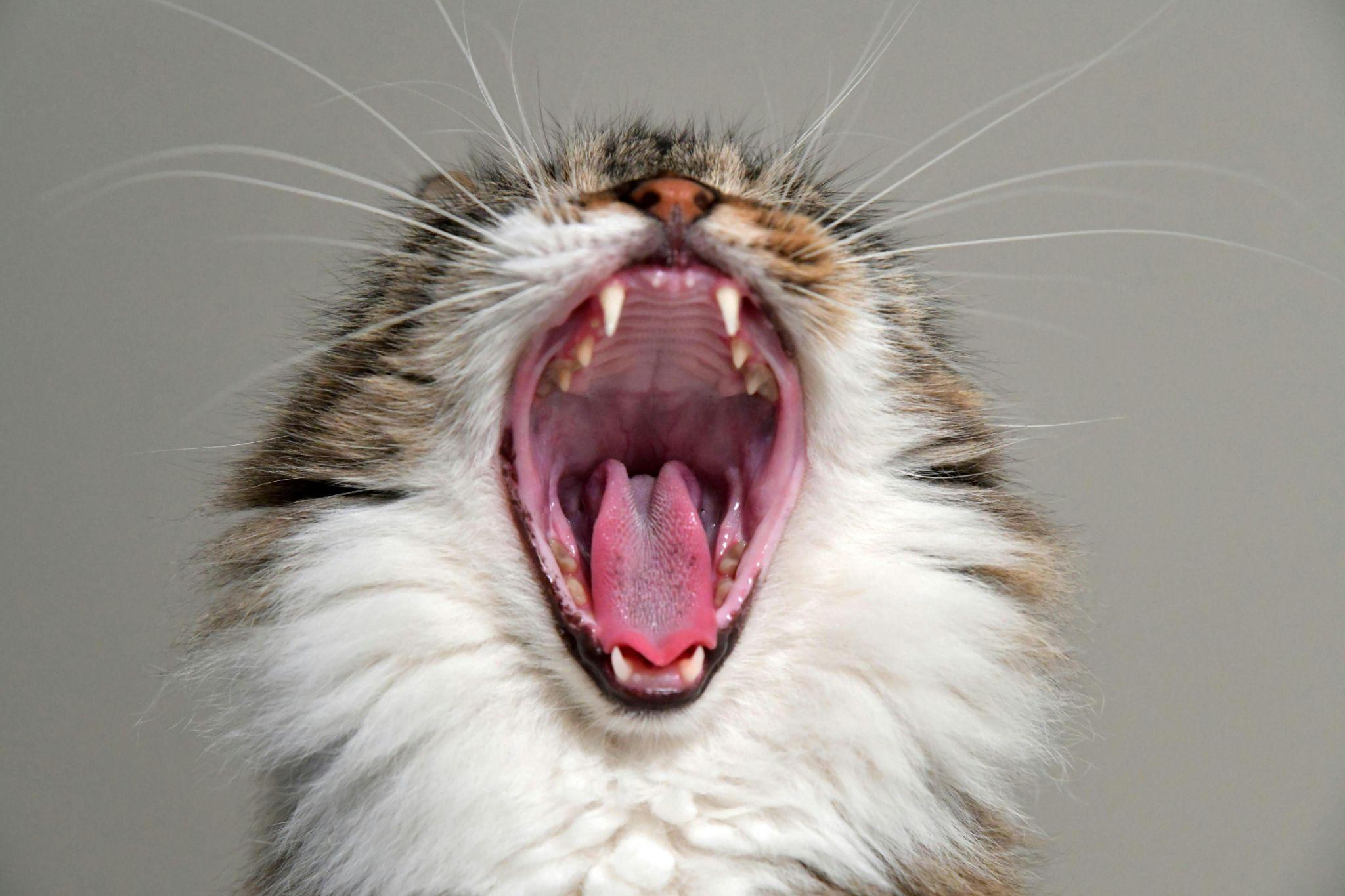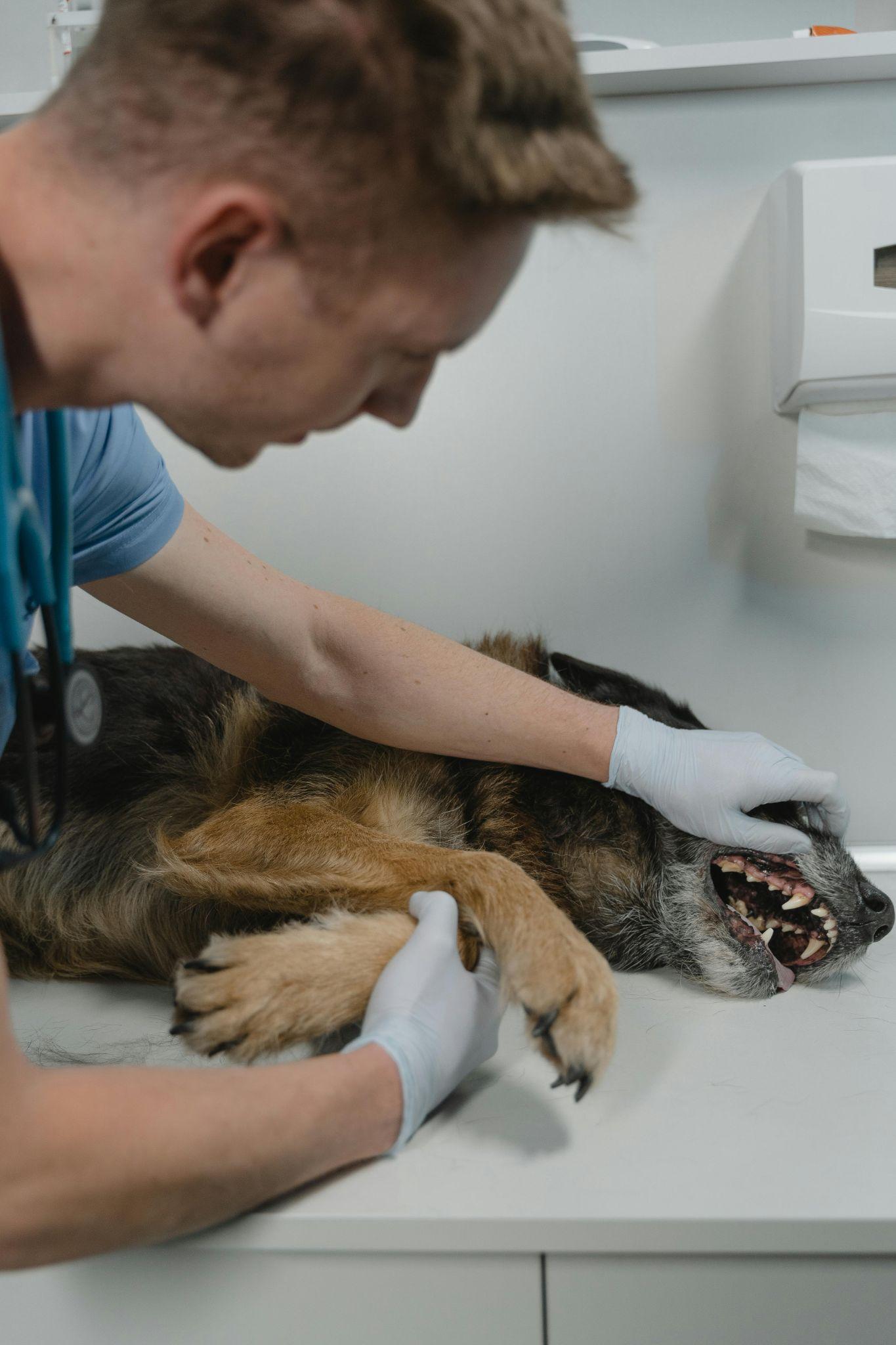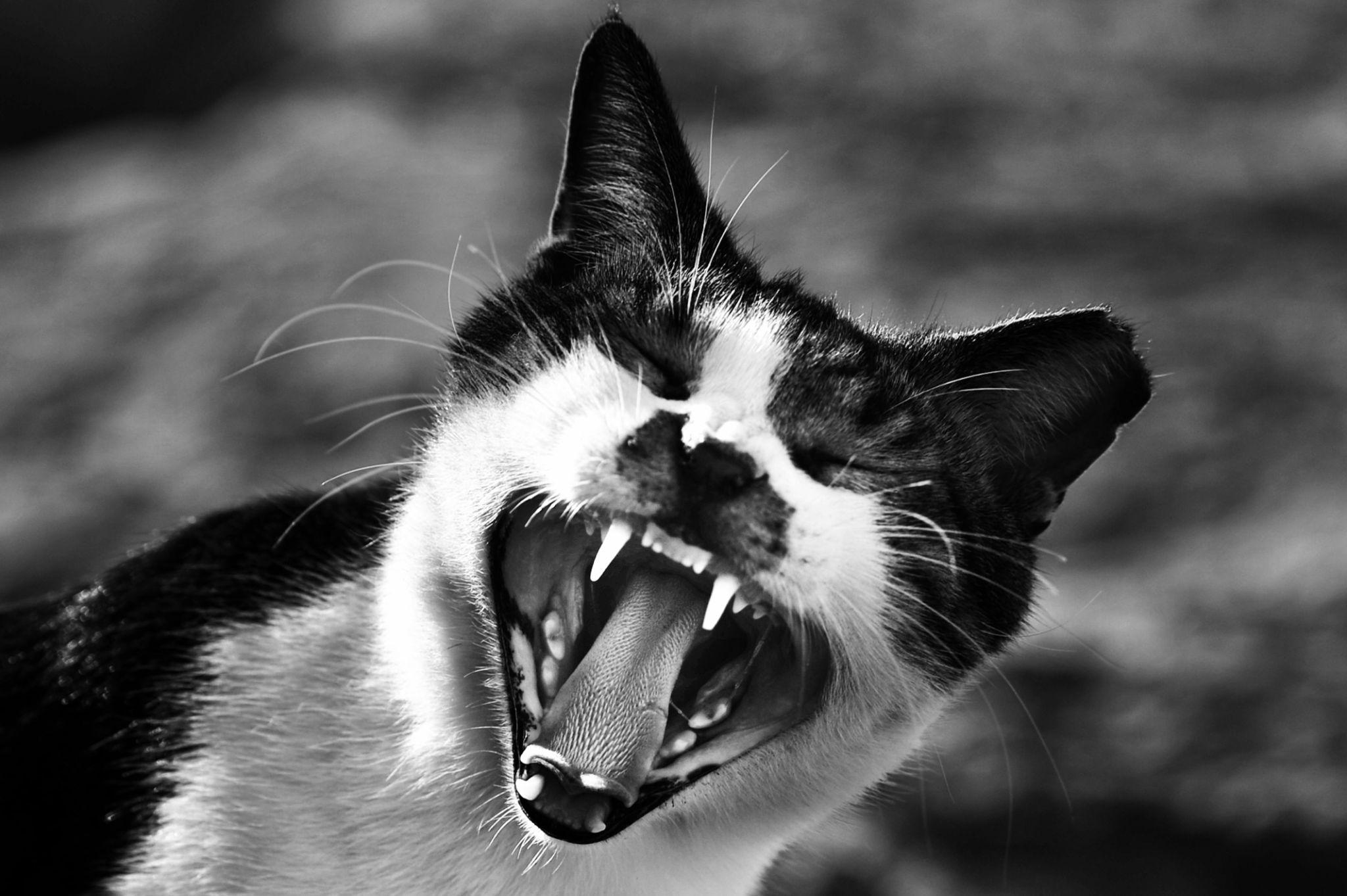Understanding Pet Dental Care: A Comprehensive Guide
Dental care is often overlooked in pet ownership, yet it plays a crucial role in the overall health and well-being of our furry companions. Just like humans, pets are prone to dental issues that can lead to severe health complications if left untreated. In this guide, we will explore the importance of pet dental care, common dental problems in pets, and practical tips for maintaining your pet’s dental health.
The Importance of Pet Dental Care

Maintaining dental health for pets is not just about ensuring fresh breath or a pretty smile; it has far-reaching implications for their overall health. Neglecting dental hygiene can result in periodontal disease, which affects not only the mouth but can also impact the heart, liver, and kidneys. https://truepetslove.com/product/simple-delux-heat-lamp-bulb/
Why Should You Care About Your Pet’s Dental Health?
- Preventing Pain and Discomfort: Dental issues can cause significant pain, making it difficult for your pet to eat or play.
- Avoiding Costly Vet Bills: Dental problems can lead to expensive treatments. Regular care can save you money in the long run.
- Enhancing Longevity: Good dental hygiene is linked to a longer, healthier life for pets.
Common Dental Problems in Pets

Understanding the common dental issues that can affect your pet is the first step in prevention. Here are some of the most prevalent problems:
1. Periodontal Disease
Periodontal disease is an infection of the tissues surrounding the teeth, caused by plaque buildup. If untreated, it can lead to tooth loss and severe pain.
- Signs: Bad breath, swollen gums, and difficulty eating.
- Prevention: Regular dental check-ups and daily brushing can help.
2. Tooth Decay
Tooth decay, while less common in pets than in humans, can still occur, often due to dietary habits.
- Signs: Visible holes in teeth and pain when eating.
- Prevention: Limit sugary treats and ensure regular dental check-ups.
3. Tartar Buildup
Tartar is hardened plaque that forms on teeth, leading to periodontal disease and other health issues.
- Signs: Yellow or brown staining on teeth and bad breath.
- Prevention: Regular brushing and dental chews can help reduce buildup.
4. Oral Tumors
Although less common, oral tumors can occur in pets and may require immediate veterinary attention. https://truepetslove.com/the-benefits-of-feeding-your-pet-fresh-food/
- Signs: Difficulty eating and swollen areas in the mouth.
- Prevention: Regular veterinary check-ups are crucial for early detection.
Best Practices for Understanding Pet Dental Care
Now that we know the importance of pet dental care and the common issues, let’s explore practical steps to maintain your pet’s dental health.
Regular Vet Check-Ups

Schedule regular veterinary check-ups, ideally once a year, for dental cleanings and examinations. During these visits, your vet can:
- Check for signs of dental disease.
- Provide professional cleaning.
- Offer tailored advice for your pet’s dental care needs.
Brushing Your Pet’s Teeth
One of the most effective ways to maintain dental health for pets is through regular tooth brushing. Here’s how to do it effectively:
Choosing the Right Tools
- Toothbrush: Use a toothbrush designed specifically for pets; these are often softer and easier to maneuver.
- Toothpaste: Never use human toothpaste; it can be toxic to pets. Opt for pet-friendly toothpaste that comes in flavors like chicken or beef.
Steps for Brushing Pet Teeth

**Featured Image**
- Get Your Pet Comfortable: Allow your pet to sniff the toothbrush and toothpaste first.
- Start Slowly: Begin with just a few teeth, gradually increasing the number as your pet gets used to the process.
- Use Gentle Motions: Brush in small circular motions, focusing on the gum line where plaque tends to accumulate.
- Reward Your Pet: After brushing, reward your pet with praise or a treat to create a positive association.
Providing Dental Chews and Toys
Incorporating dental chews and toys into your pet’s routine can significantly enhance their dental health. These products help remove plaque and tartar while providing your pet with a fun activity.
Types of Dental Chews
- Rawhide Chews: These can help scrape off plaque but should be given in moderation.
- Dental Chew Toys: Look for toys designed to clean teeth as your pet chews.
- Soft Chews: Some brands offer soft chews that are easy for pets to digest and promote dental health.
Diet and Dental Health

What your pet eats can also impact their dental health. A balanced diet is crucial for maintaining strong teeth and gums. https://truepetslove.com/
Recommended Diets
- Dry Food: Kibble can help reduce plaque buildup compared to wet food.
- Dental-Specific Diets: Some brands offer formulas designed to promote oral health.
Home Remedies for Fresh Breath
If your pet suffers from bad breath, consider some natural remedies:
- Carrots: Fresh, raw carrots can help clean teeth and freshen breath.
- Coconut Oil: A small amount can help improve oral health; just ensure it’s suitable for your pet.
Recognizing Signs of Trouble in Pet Dental Care
It’s essential to recognize when your pet may have dental issues. Here are some signs to watch for:

Behavioral Changes
- Loss of Appetite: If your pet suddenly loses interest in food, it may be due to dental pain.
- Irritability: A usually friendly pet may become irritable if in pain.
Physical Symptoms
- Swollen Gums: Red or swollen gums indicate potential periodontal disease.
- Excessive Drooling: If your pet is drooling more than usual, it could signal dental problems.
In conclusion, understanding and implementing proper pet dental care is vital for the health and happiness of your furry friends. By being proactive—through regular vet visits, brushing, providing dental chews, and maintaining a balanced diet—you can significantly enhance your pet’s quality of life. Remember, the pet dental care routine you establish today can lead to a healthier, happier companion tomorrow.
By fostering good dental habits and staying vigilant about your pet’s oral health, you’re not just preventing dental issues; you’re promoting a longer, more fulfilling life for your beloved companion.

